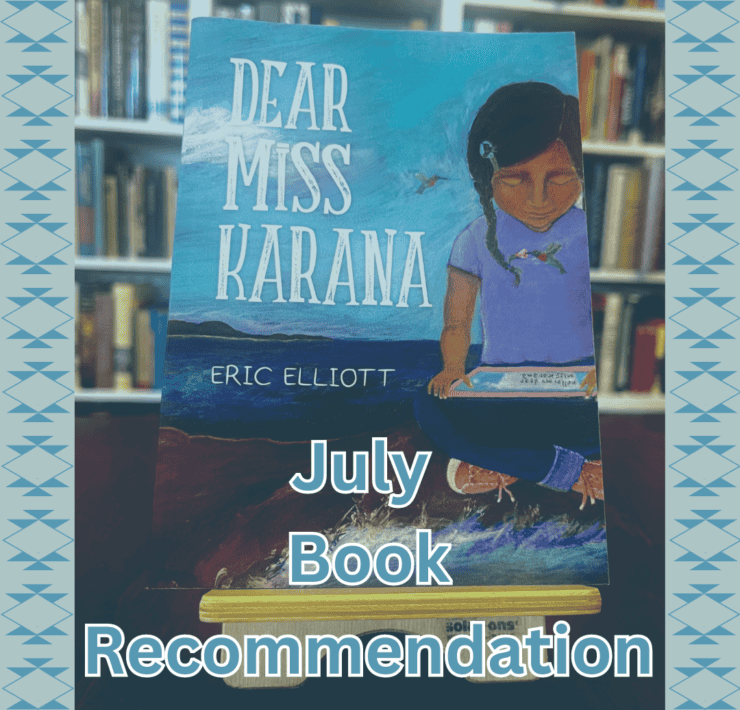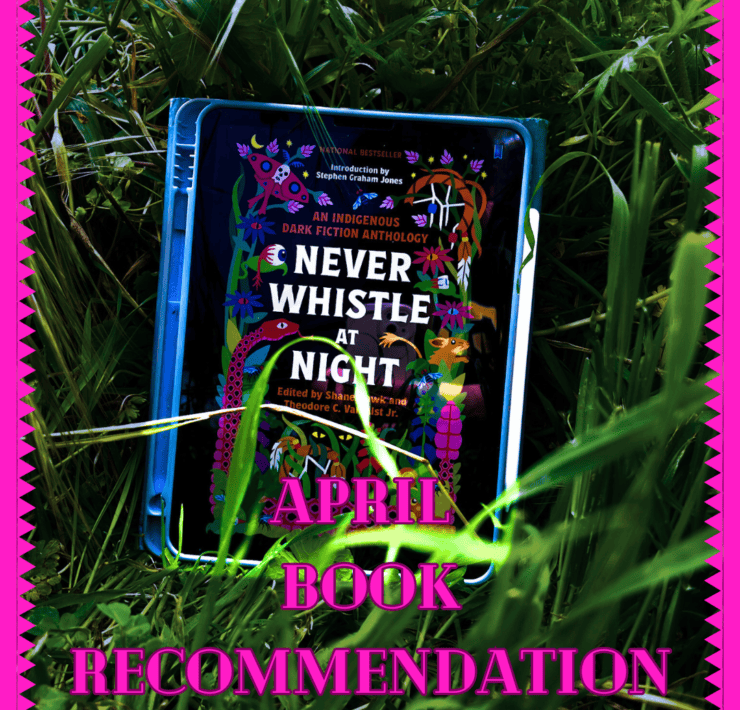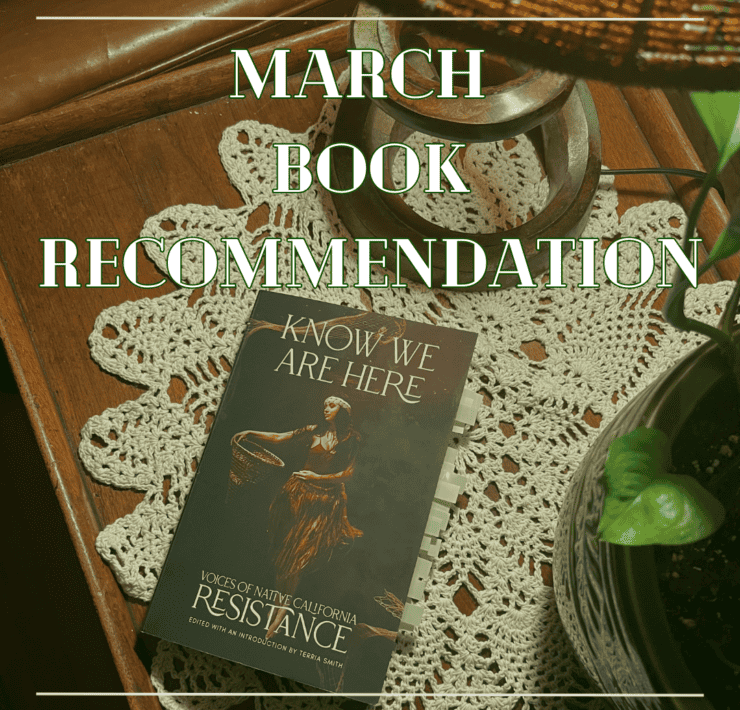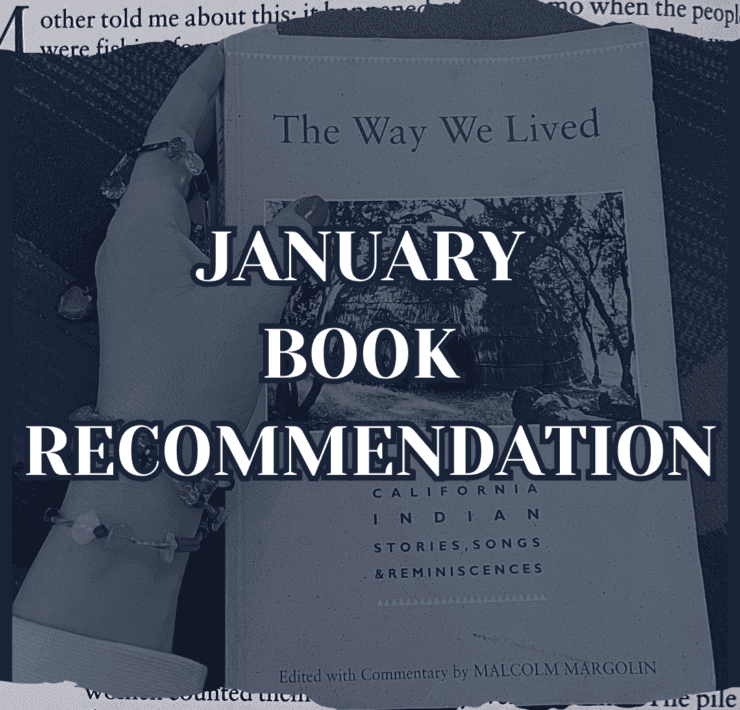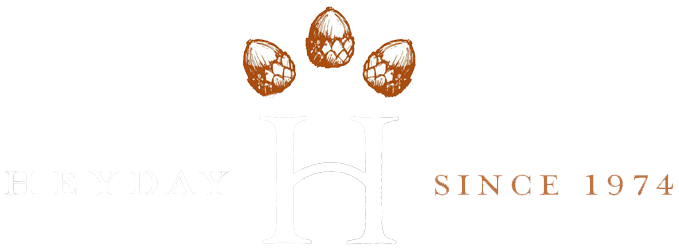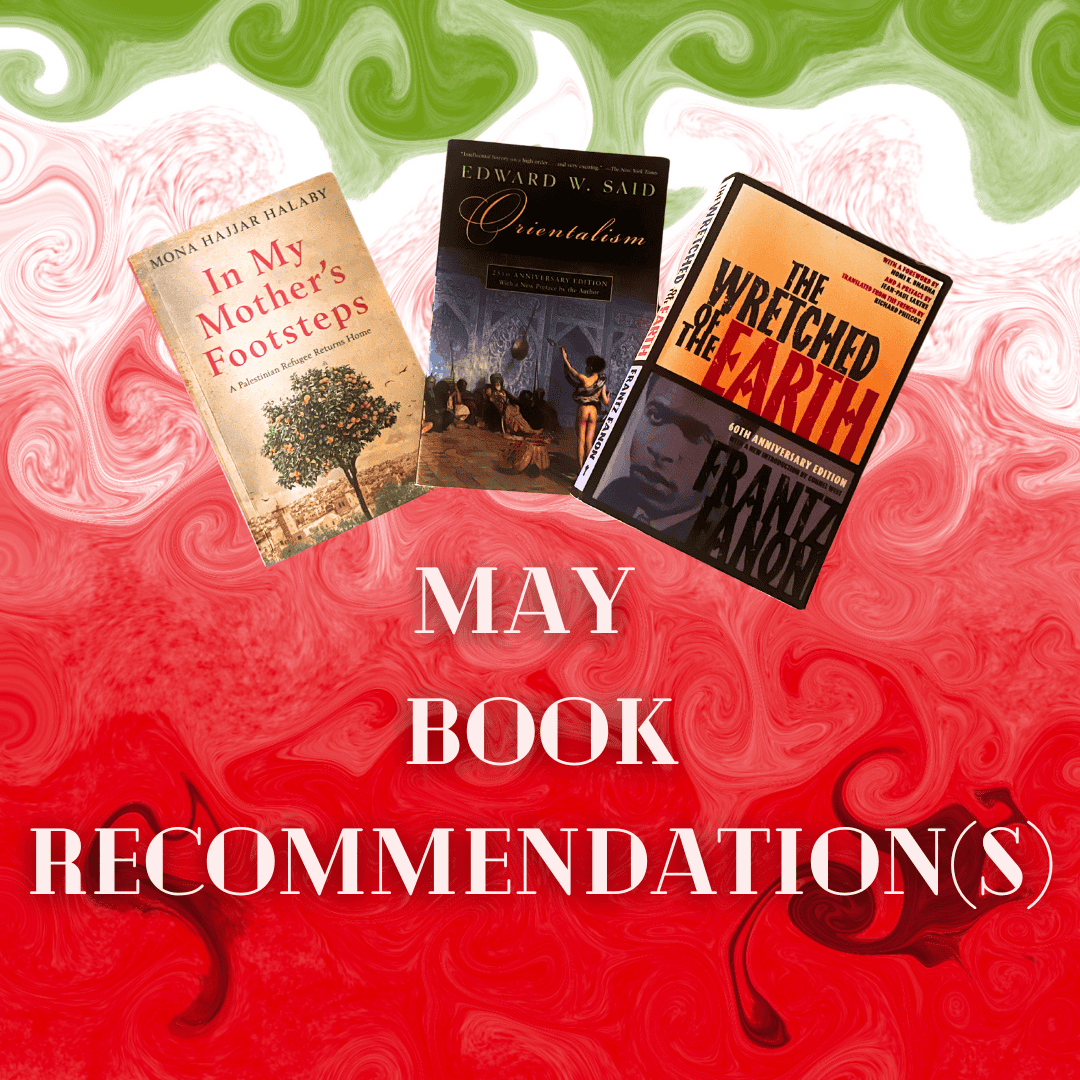
by Tavi Lorelle Carpenter
For this month’s recommendation, I decided to go in a slightly different direction. I’m going to share the books that are on my list and share why I’m choosing to read or reread them. Reading has remained an important part of expanding my worldview and continues to be an important way of engaging with the world. As I’ve gotten older and there seems to be more and more distractions on top of basic responsibilities, it can be difficult to make time for reading. Nevertheless, I still believe in the importance of reading, particularly in the way it can support us all in understanding complex concepts and ideas.
The first book I want to share is The Wretched of the Earth by Frantz Fanon. I was introduced to Fanon in college during an introductory Psychological Anthropology course. Fanon is the kind of thinker that only comes once in lifetime. His works have served as inspiration for many liberation movements and his words continue to be extremely relevant. This has made its way on to my reread list because it is truly a foundational book for anyone interested in understanding the layers and intersections of colonialism, racism, wealth, as well as reflecting on the psychological impacts. While I was reading The Wretched of the Earth, I continually felt my mind opening and feeling as though I finally had words to express feelings I had and knew to be true surrounding continued colonial oppression. It’s not light reading by any means and the fullness of knowledge that Fanon shares, did require that I reread sentences and paragraphs over. It’s by no means a fast read but it is an essential read and the kind of book one keeps on their bedside table to continue going through throughout one’s life. Each reading adds an additional layer of understanding and expansion. Fanon, in general, is an essential author for anyone interested in disrupting imperialism and colonialism, his other seminal works (that will be my next to read) are Black Skin, White Masks and A Dying Colonialism.
The second book I want to share is by Edward Said, a Palestinian-American scholar. Edward Said is one of my favorite scholars and I wish I could have known him for he truly was exceptional. Orientalism is one of Said’s most influential books and reflects on how the West portrays the East. What I found/find most impactful about the concept of orientalism is the fact that it is also relevant for anyone that is considered “the other” by the western imperialism. This is why I am recommending this book, particularly as an Indigenous person. We know, as Indigenous people that throughout history, our narrative was largely eradicated as a means of oppression and continues to be prevalent to this day. Other important reads from Said include: Culture and Imperialism, The Politics of Dispossession, The Question of Palestine, and Covering Islam.
The third book on my list is In My Mother’s Footsteps: A Palestinian Refugee Returns Home by Mona Hajjar Halaby. This book is particularly special as Mona was actually one of my teachers in elementary school. I’ve only just started this book and already I am deeply engrossed. I remember Mona sharing about how her family were displaced and the great pain that caused. Within the first chapters, the reader already is given insight into the complex relationship indigenous people have in their homelands navigating with settler-colonists who either deliberately or unconsciously, look to undermine indigeneity. This book is on my list because while concepts, theory and ideas are important, they are meaningless without the sharing lived experiences.
I recognize that none of the authors I am sharing this month are California Indian or American Indian. There are, of course, incredible authors and scholarship from American Indian scholars whose work is actively destabilizing colonialism. Know We Are Here: Voices of Native California Resistance, my March recommendation strikes me as an important inclusion.
In my post last week, entitled: Some Words, I shared my thoughts, brief as they were, on what is happening in Palestine and the response to student encampments and Universities. But I’ve also realized, my reading list had shifted as result of world events. Reading is an important way one can study, learn and find ways of contributing to processes of decolonization. I believe it’s exceptionally important to recognize our shared struggles alongside our differences. We may be from different places but imperialism uses the same tactics of oppression to further the colonial agenda.
As California Indian people we know the impact of settler-colonialism to our lands. As I shared in my article about at the Co-Stewardship conference that occurred in February, studies have shown that Indigenous held lands have the most conservation and biodiversity. Furthermore, the pain of genocide and land dispossession is also known to us.. Thus, it feels important to stand in solidarity and figure out my own place within the struggle for collective liberation.
One thing I know for sure is that books can help us all in that journey. They are not quick sound bites. Instead, they encourage us all to engage in critical thought, examination, the broadening of horizons, and necessary discourse.
Some other books on my list include:
Light in Gaza: Writings Born of Fire Edited by Jehad Abusalim, Jennifer Bing, and Michael Merryman Lotze. An Anthology of poems, narratives and essays published in 2022, focused on centering Palestinian voices. Looking to start a discourse that “shifts toward futurism” as means of moving “beyond the violence and limitations of colonialism”. (From the description)
The Hundred Years’ War on Palestine: History of Settler Colonialism and Resistance, 1917-2017 by Rashid Kalidi, a book recommended to me by some activists I follow on social media.
And finally,
Gaza Writes Back: Short Stories from Young Writers in Gaza, Palestine edited by Refaat Alareer, a Palestinian poet, writer and scholar who was killed in December of 2023. This anthology utilizes fiction as a means of centering the voices of Palestinian youth, utilizing the important tool of storytelling to share their lived experiences.
There are multiple locations where one can purchase these books but may I recommend, for In My Mother’s Footsteps to consider purchasing it from Shop Palestine. In full disclosure I discovered Shop Palestine after I had made my purchase, so I’ve ordered some other books from them. They are part of the Middle East Children’s Alliance which is a nonprofit organization working towards the rights and wellbeing of children in the Middle East. Shop Palestine is an extension of the the Palestinian Crafts’ Bazaar based in Berkeley. I have very fond memories of attending every holiday season, as a kid and even still have a beautifully embroidered pencil case!
*These words are a reflection of my own expressions, beliefs and values and do not necessarily reflect the views of Heyday or News From Native California.

